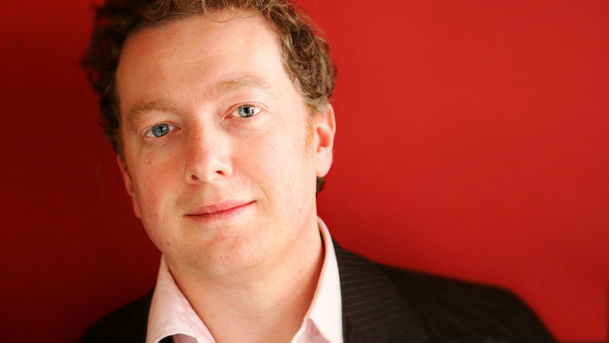Night Waves - Frank Kermode/Studying English/Portraying the Queen

Matthew Sweet interviews Frank Kermode, arguably Britain's most eminent literary critic, as he is about to turn 90. In an age of specialists, his career has been wide ranging and hugely influential. A distinguished Shakespeare scholar, he has also written on TS Eliot, Yeats, DH Lawrence, Andrew Marvell and, most recently, EM Forster. Kermode introduced controversial French critical theorists like Roland Barthes and Jacques Lacan to English literary departments in the late 1960s and the resulting intellectual fire that broke out, with not a few casualties, burned hot for more than 20 years. Matthew talks to him about outliving theory with a capital 'T' and the parallels between, and departures from, his life and critical approach and that of EM Forster. John Mullan, Professor of English at UCL, Steven Connor, Professor of Modern Literature and Theory at Birkbeck, and cultural critic Alex Clark then join Matthew to answer the question: what is the study of English for? Since its introduction as an academic discipline in the late 19th and early 20th centuries, English has had to fight to justify its place as a subject worthy of serious study rather than something a gentleman might do in his bath or that the working classes should be encouraged to do as part of a civilising process. The 20th century boasts great critics and theorists like IA Richards, William Empson, FR Leavis, Lionel Trilling, Raymond Williams, Frank Kermode, Roland Barthes, Jacques Derrida and Julia Kristeva, but the landscape of 21st-century criticism feels more humbly populated. The so-called 'theory wars' of the 1980s were hotly fought in university departments and on the letters pages of the broadsheets. The study of English mattered. Now the debates have moved on but as the Government demands that faculties demonstrate the value and impact of research on the outside world, the requirement to justify the study of English continues. And as Channel 4 begins its new five-part series portraying the life of Elizabeth II, cultural historian Jeffrey Richards takes a closer look at the art of portraying the Queen.